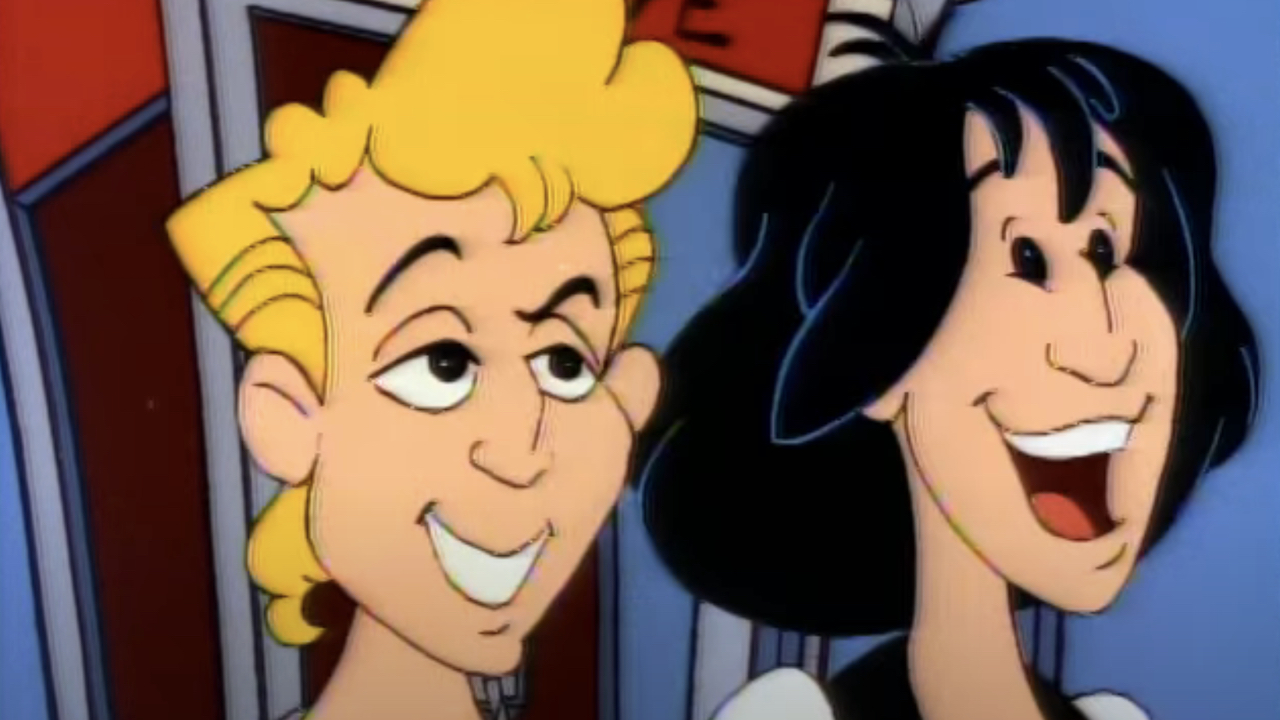
One of life’s greatest pleasures used to be a bowl (or three) of mascot-emblazoned cereal and a Saturday morning full of cartoons. From Space Ghost to Teenage Mutant Ninja Turtles to Eek the Cat and beyond, the weekly ritual was a perfect way to sidestep reality, at least until its extinction in 2014. But for all the memorable favorites, there are so many Saturday morning cartoons that barely anyone talks about anymore.
While we can thankfully relive part of that era by streaming classics like X-Men: The Animated Series with a Disney+ subscription, other GOATs, such as Muppet Babies, will likely never hit streaming. But rather than getting too upset, let’s revisit some of Saturday morning’s less-remembered animated offerings.
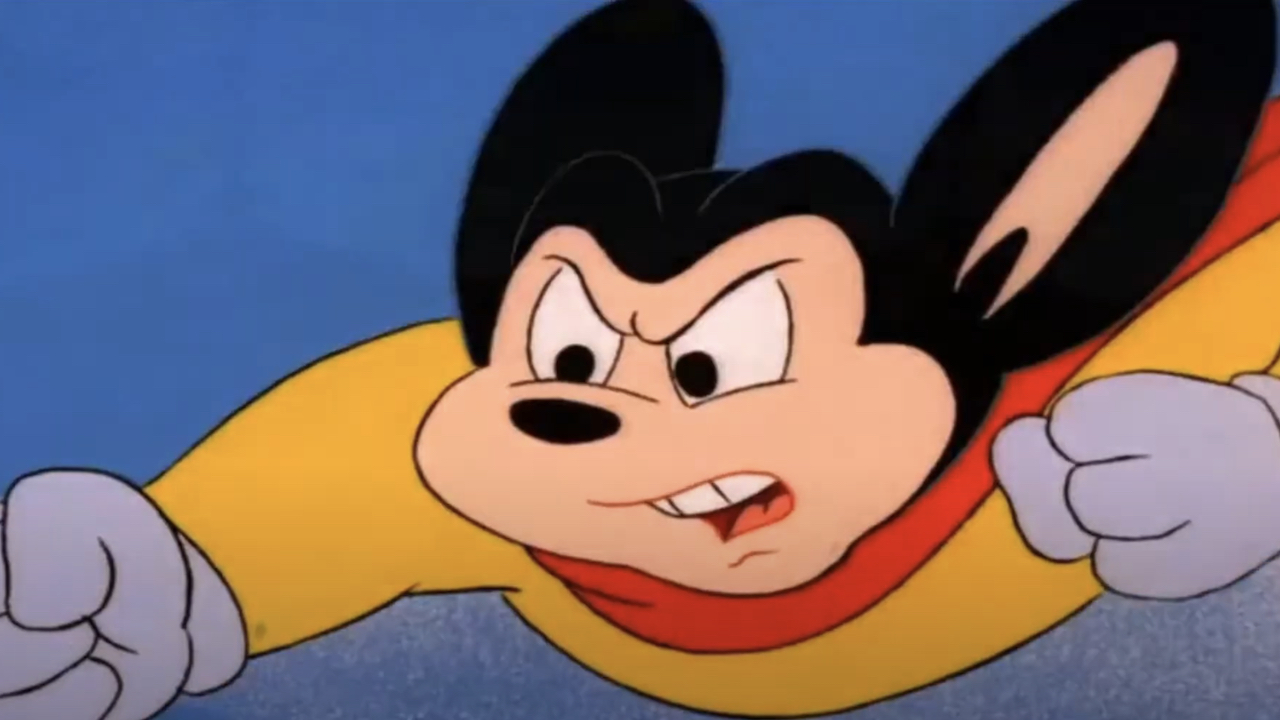
Mighty Mouse: The New Adventures
One of the first animated reboots that truly felt like a dynamic reimagining of the source material, CBS’ Mighty Mouse: The New Adventures injected the superhero mouse and the Mouseville community with a heavy dose of satire and pop culture sensibilities, added more dimensions to the familiar tropes of the character’s past. The update and its success can be largely attributed to animation legend Ralph Bakshi, of Fritz the Cat and 1978’s Lord of the Rings fame.
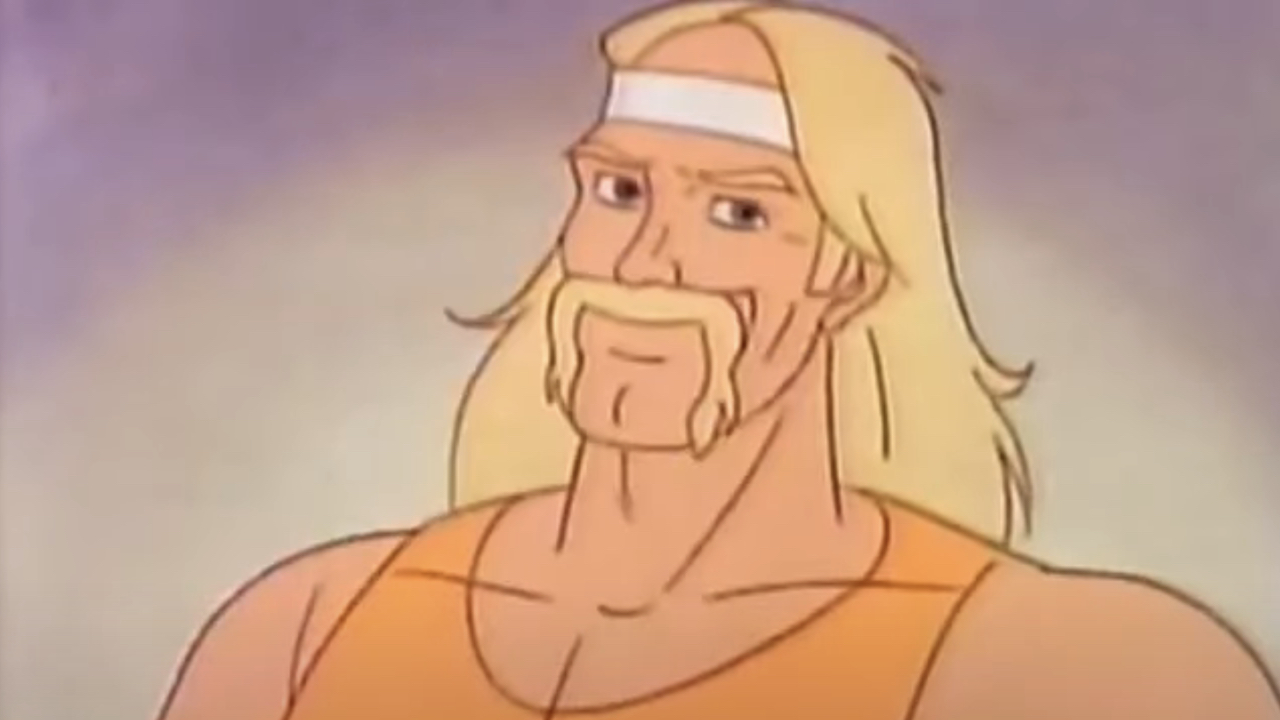
Hulk Hogan’s Rock ‘N’ Wrestling
As if pro wrestling wasn’t already becoming cartoonish enough during the 1980s, CBS teamed with the then-named WWF for the often baffling Hulk Hogan’s Rock ‘n’ Wrestling. I do wish wrestling organizations would attempt another animated series like this, even if this wasn’t the best example, with zero athletes voicing themselves. The show did boast Brad Garrett as the Hulkster, James Avery as Junkyard Dog, and more animated vets as the Superstars.
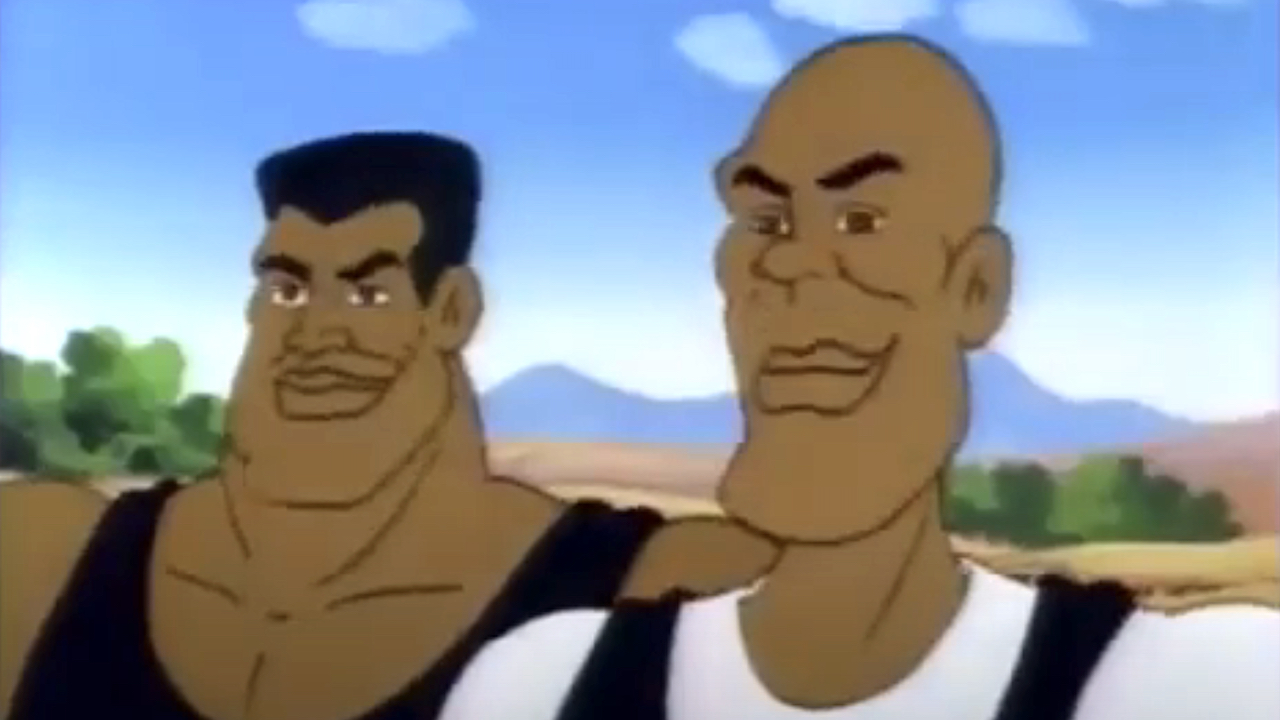
Prostars
In the wake of Sports Illustrated for Kids’ popularity came the athlete-focused animated series Prostars, with icons Michael Jordan, Wayne Gretsky, and Bo Jackson as the lead characters. Despite live-action appearances, none of the three voiced their animated counterparts, who faced a slew of bonkers plotlines involving skeezy real estate developers, horse-nappers, mad scientists, pirates, and more. Had it lasted beyond a single season, perhaps we’d be pondering which of today's athletes would front an inevitable reboot.
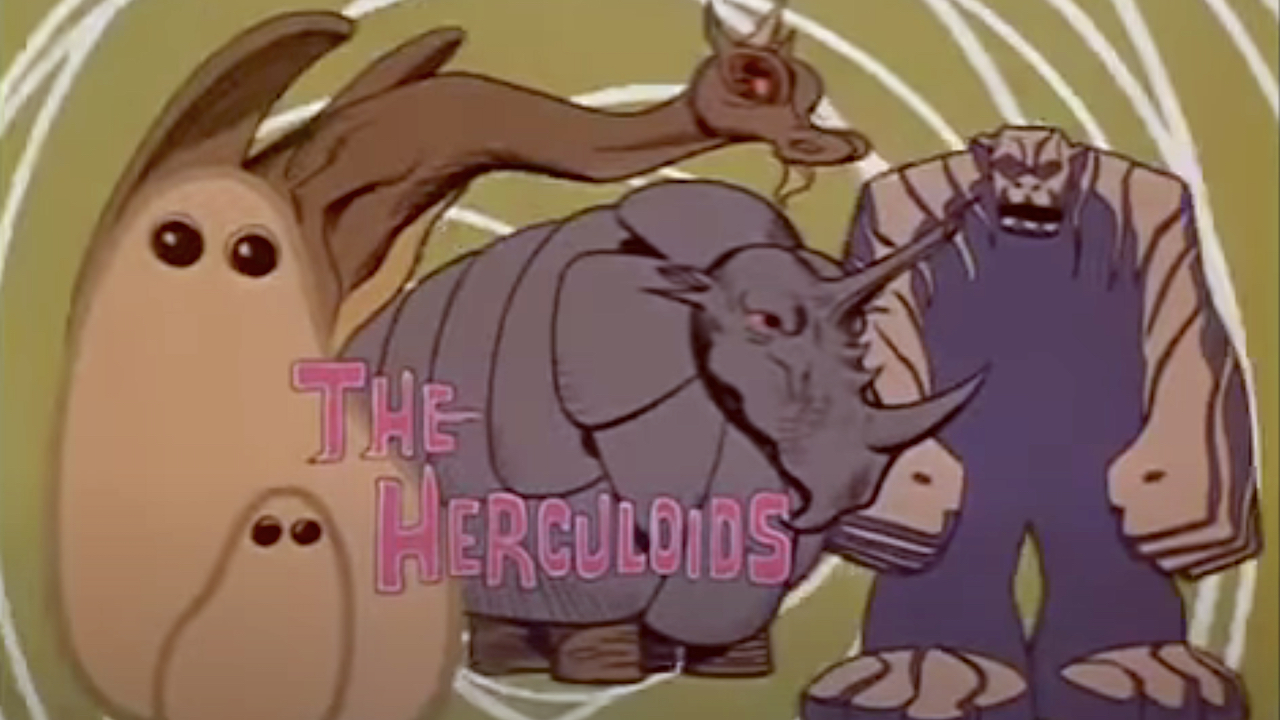
The Herculoids
Debuting on CBS in 1967, Hanna-Barbera’s sci-fi adventure series The Herculoids only lasted for a single season initially, though Zandor, Tara & Co. were resurrected in shorter form in 1981. The characters were designed by animation and comic book icon Alex Toth, and while barely anyone still talks about the O.G. series, the characters have popped up for comedic effect in Family Guy, Harvey Birdman: Attorney at Law and Space Jam: The New Legacy.
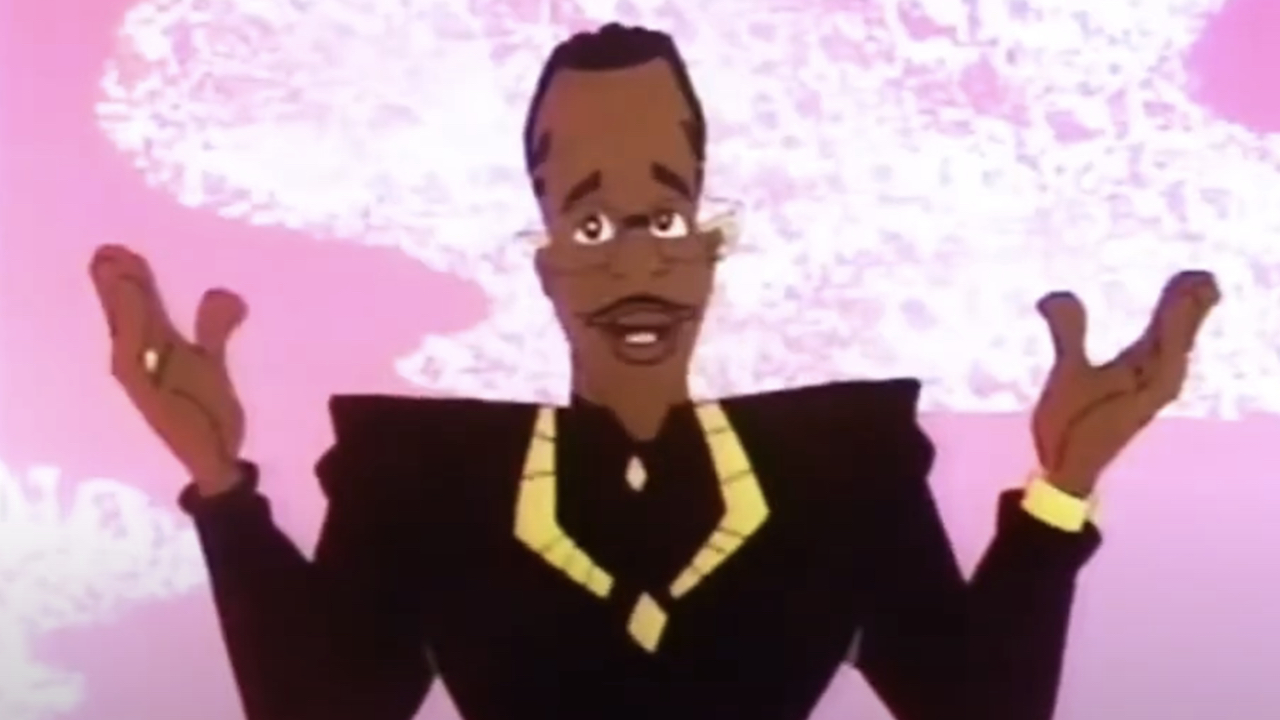
Hammerman
In the annals of pop culture curiosities, the existence of ABC’s short-lived cartoon Hammerman and its parachute pants loom large. Created by and starring rapper MC Hammer at the height of his fame, the series focused on a mild-mannered man who could transform into the titular superhero thanks to a pair of magical shoes. MC Hammer himself popped up in live-action on top of voicing the main role, but the show didn’t last for longer than a single season, and it wasn’t long before the rapper’s popularity also imploded.
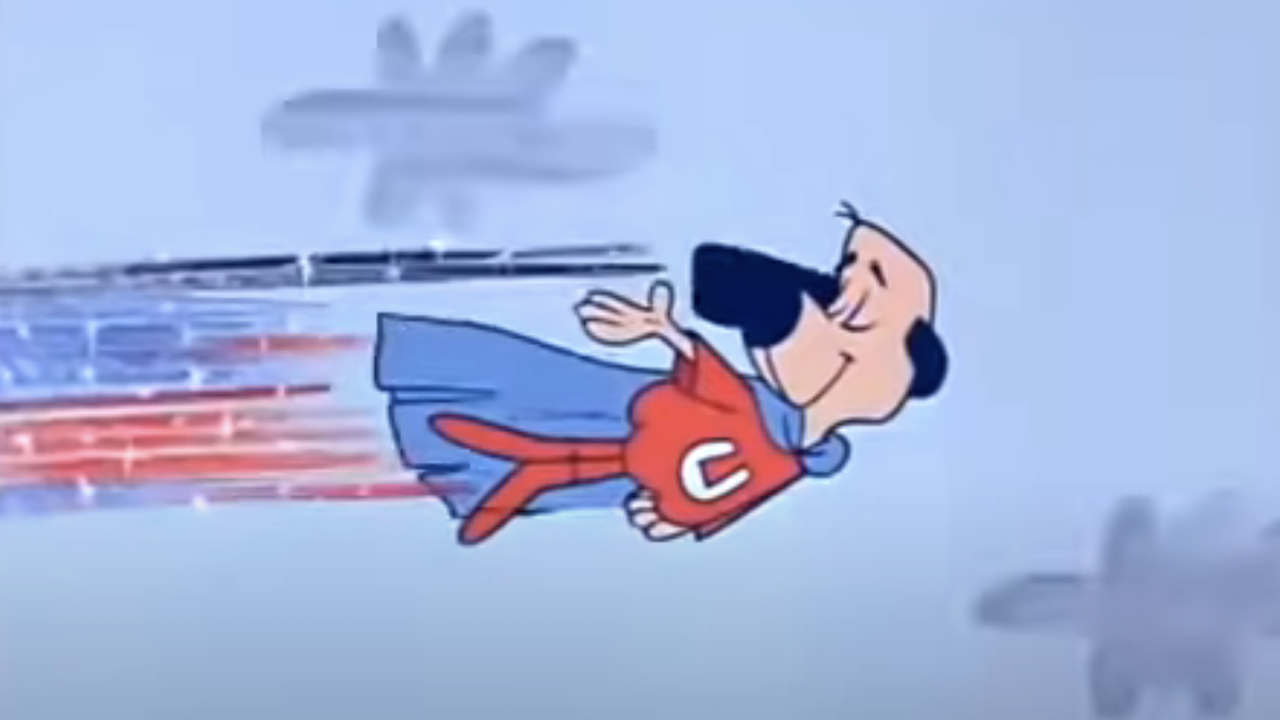
Underdog
For a Saturday morning cartoon that first arrived in 1964, Underdog did have (four) TV legs thanks to years of Nickelodeon and Cartoon Network repeats, and a theme sampled on Wu-Tang Clan’s debut album. But the superhero canine show’s impact mostly came to a screeching heel after 2007’s lackluster live-action film, though it could easily return to form in the style of DreamWorks’ The Mr. Peabody & Sherman Show.
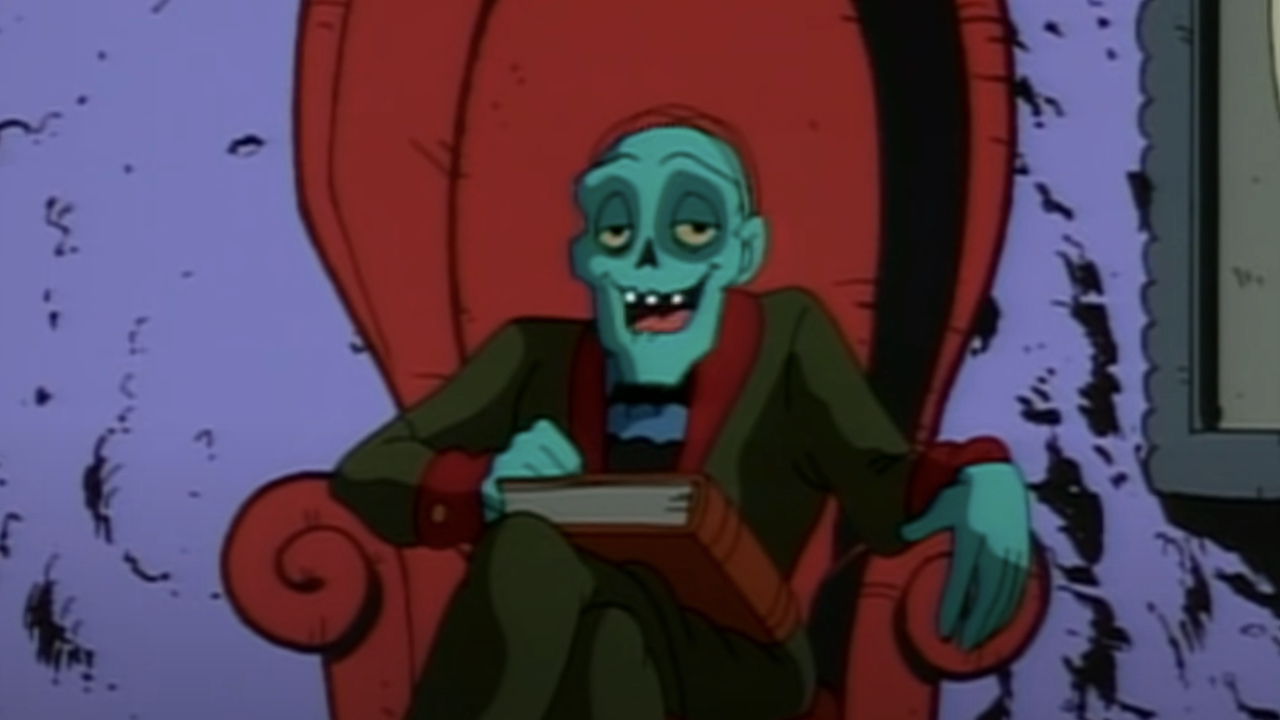
Tales From The Cryptkeeper
HBO’s live-action Tales from the Crypt horror anthology was popular enough that a Saturday morning cartoon was the abnormal next step. Thus, ABC debuted the Canadian-produced Tales from the Cryptkeeper in 1993, with the titular character’s voice actor John Kassir reprising the role. It’s obviously not as extreme as its premium cable cousin, but still works for kid-friendly frights, at least for those who remember it.
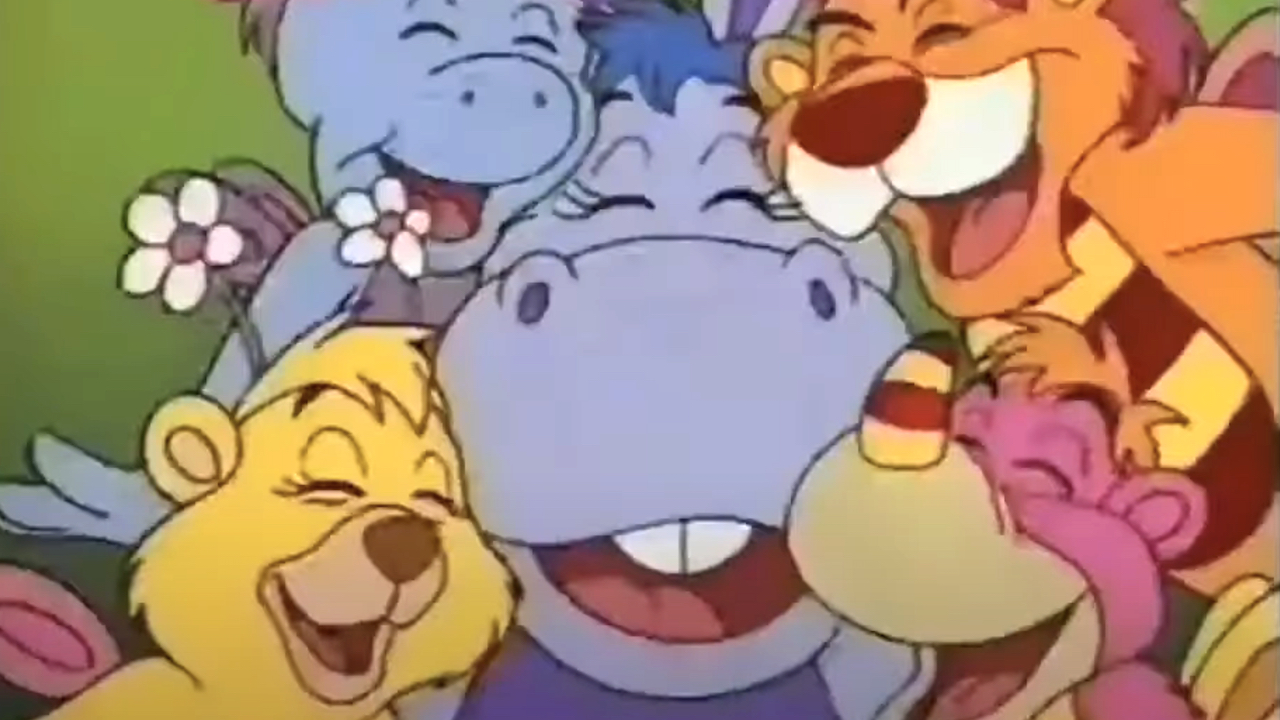
The Wuzzles
On paper, a Disney Animation series about adorable animal hybrid characters seems destined for years of TV seasons and merch campaigns. While The Wuzzles did spark a wave of toys and plushes, its TV longevity was not meant to be, debuting in September 1985 and then promptly shuttering production months later, despite actually being popular. Repeats shifted over to ABC, but no new episodes beyond the initial 13 were ever produced, limiting The Wuzzles’ fuzzy grip on the zeitgeist.
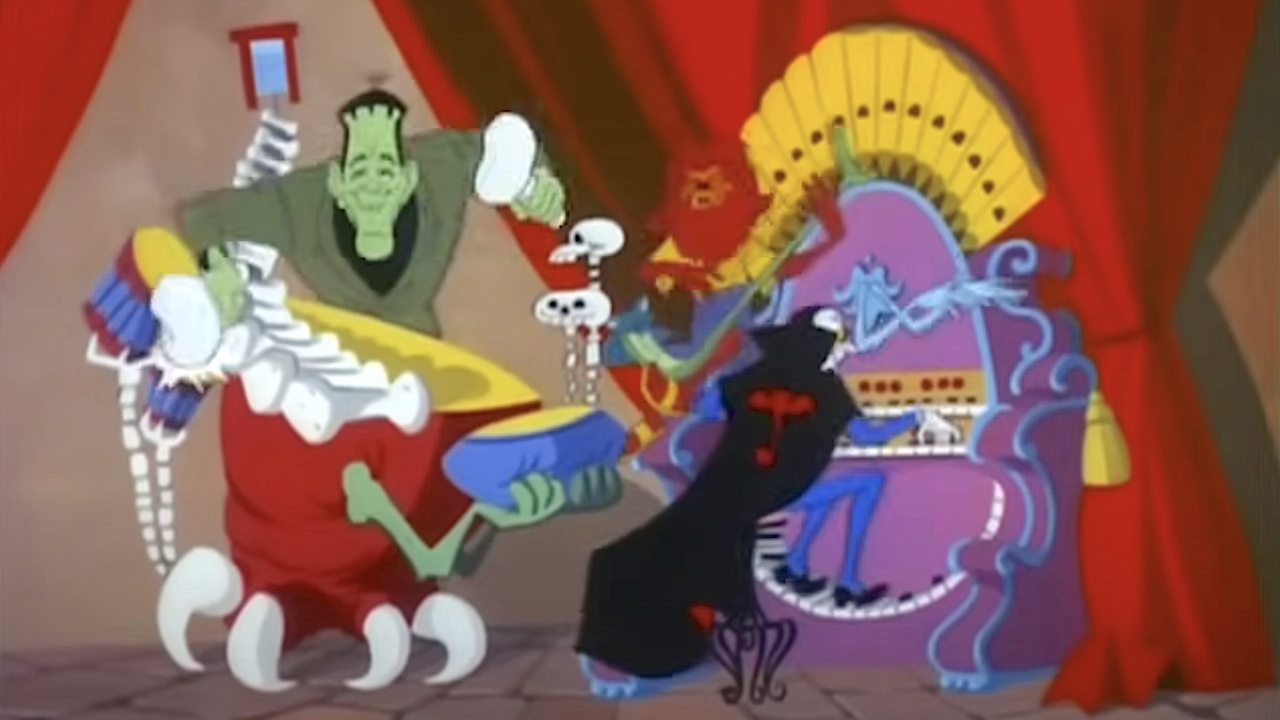
Groovie Ghoulies
One of many attempts to turn fans of Universal’s Classic Monsters into Saturday morning cartoon viewers, Groovie Ghoulies was a huge hit after its 1970 debut, thanks in part to a well-conceived pairing with Archie-familiar Sabrina the Teenage Witch. Despite all the good vibes and genre goodwill, Groovie Ghoulies didn’t go on to land a TGIF sitcom starring Melissa Joan Hart and is far less remembered than it deserves to be.
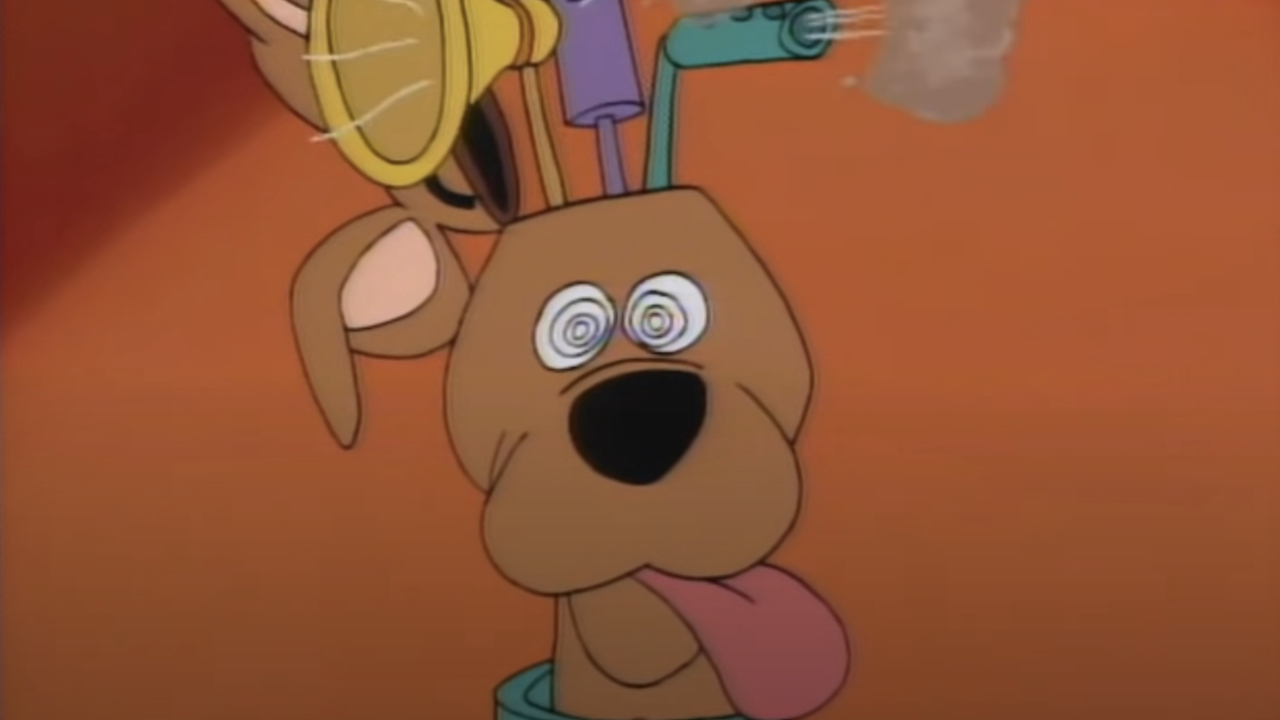
A Pup Named Scooby-Doo
The Mystery Machine gang fell prey to the “What if characters everyone loves were way younger?” concept with ABC’s A Pup Named Scooby-Doo, whose legacy as a fun spinoff is attributed to the talents of animator Tom Ruegger, who went on to create and produce classics like Tiny Toons Adventures and Batman: The Animated Series. Despite all the wacky villains and musical chases, the steady output of new Scooby-Doo series and straight-to-VOD animated features has muted much of the appreciation for Pup’s 1988-1991 run.
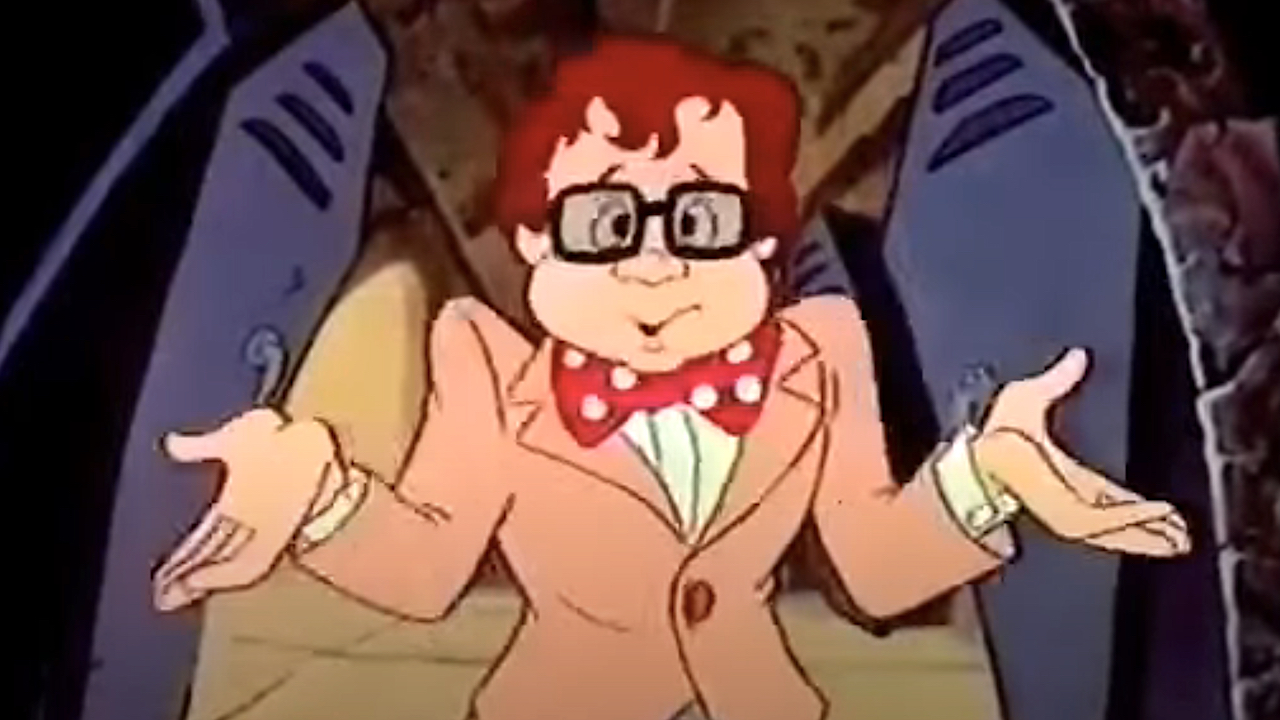
Gravedale High
Having conquered live-action comedy in the 1980s, Rick Moranis went 2D for NBC’s 1990 animated series Gravedale High, created by Child’s Play franchise producer David Kirschner. Moranis plays a teacher at a high school populated by horror movie character types, with all manner of vampires, zombies, mummies, and many more represented. It only ran for a single season, and seemingly went the way of The Invisible Man afterward.
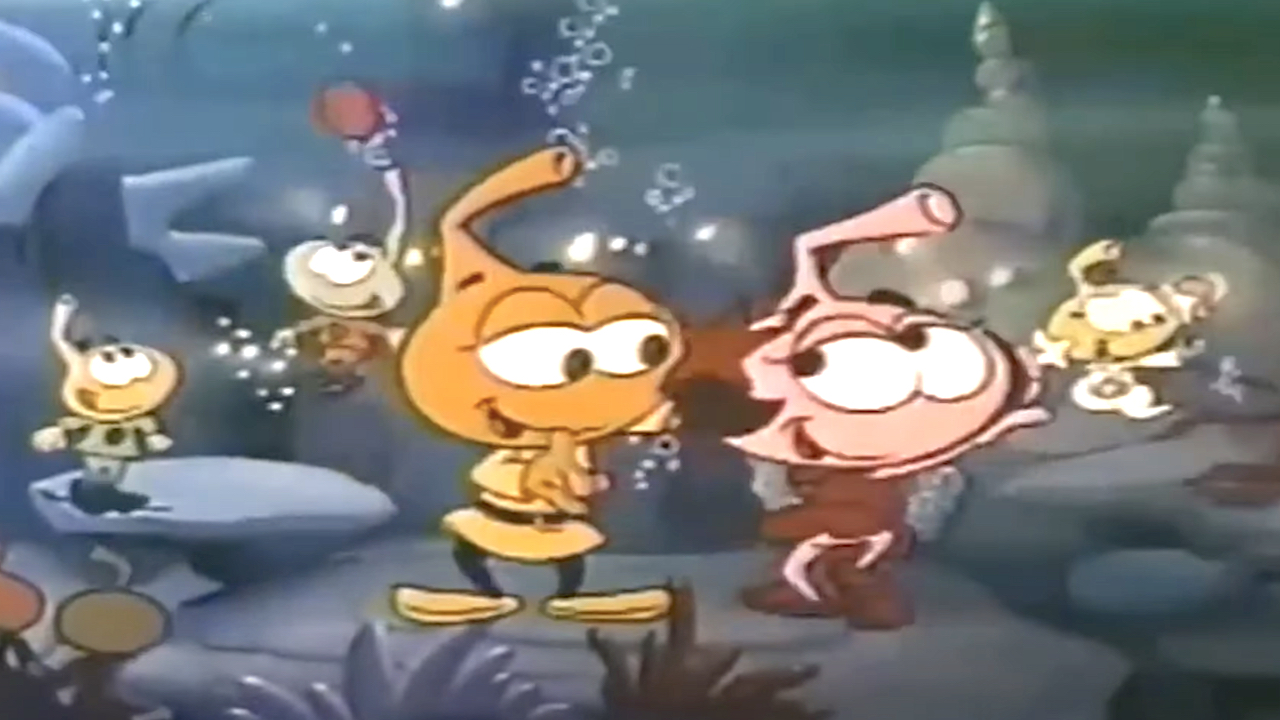
Snorks
Created largely to replicate The Smurfs’ massive success, Snorks debuted in 1984 with quite a few Smurfs voice actors within its cast, such as Rob Paulsen (Pinky and the Brain) and Michael Bell (G.I. Joe). And while the human-ish sea creatures were enjoyable enough to last for four seasons, their legacy as a Saturday morning cartoon is somewhat negligible.
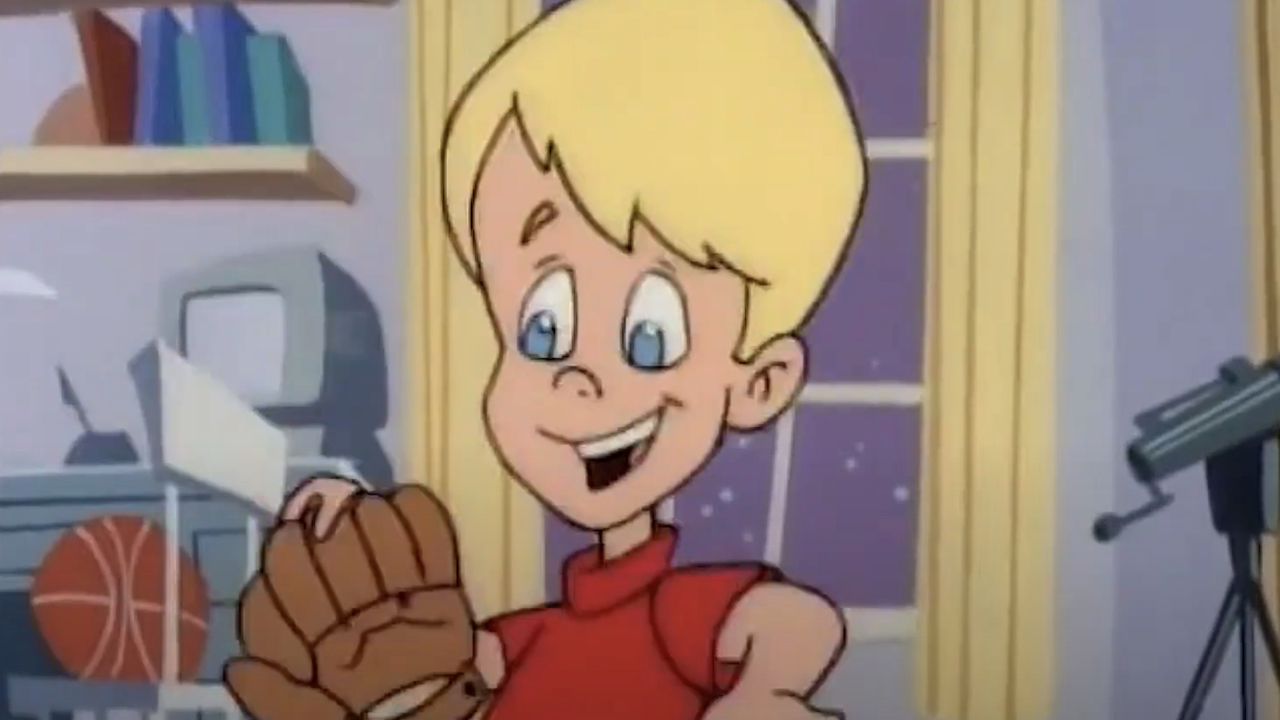
Wish Kid
Macaulay Culkin could seemingly do no wrong after breakout roles in Uncle Buck and one of the ‘90s best family movies, Home Alone, but the short-lived 1991 toon Wish Kid is his earliest whiff. The premise of a boy with a wish-granting baseball mitt sounded perfect for the era, with Culkin doing his own voicework, but even the latter-year Home Alone sequels inspired way more conversations than this show has.
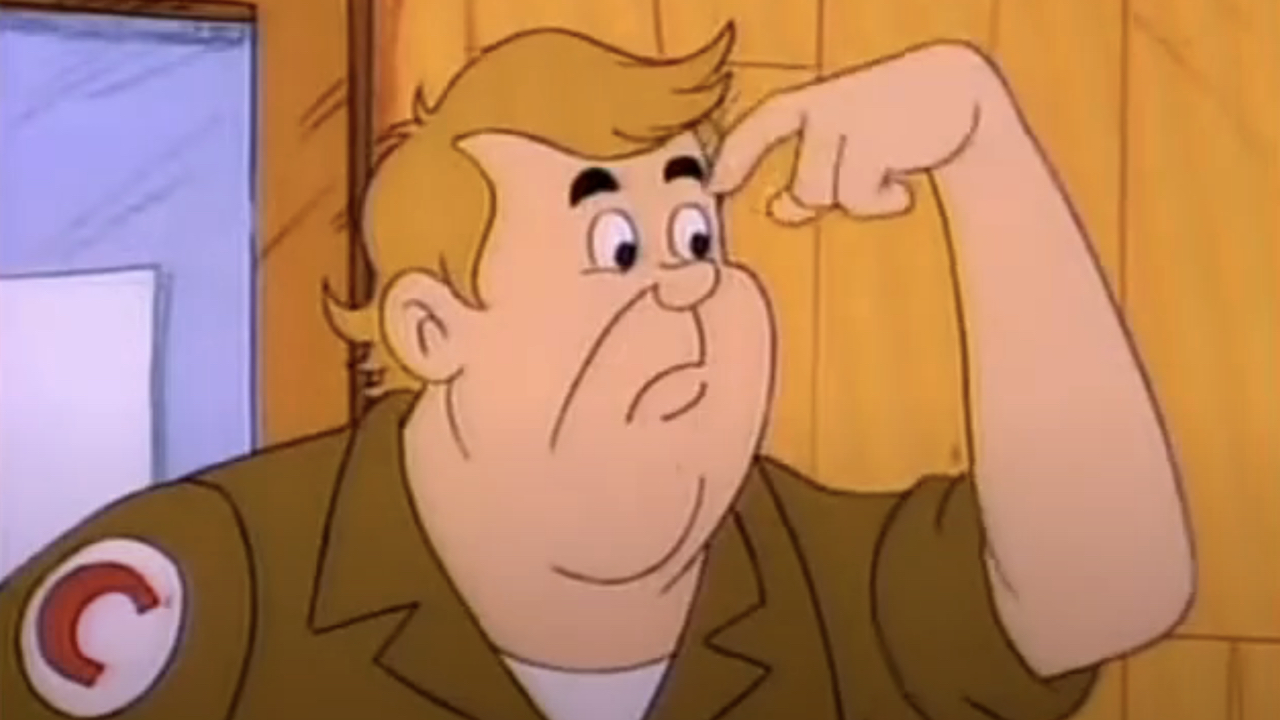
Camp Candy
John Candy delivered tons of genius comedy performances throughout the ‘80s and ‘90s (even if he wasn’t paid well for some of them), but one project that probably comes up fewer than any other is his Saturday morning toon Camp Candy. Debuting in 1989, the show is exactly like it sounds: Candy heads up a summer camp and attempts to teach kids skills and lessons, with varying degrees of success. What's not to like?
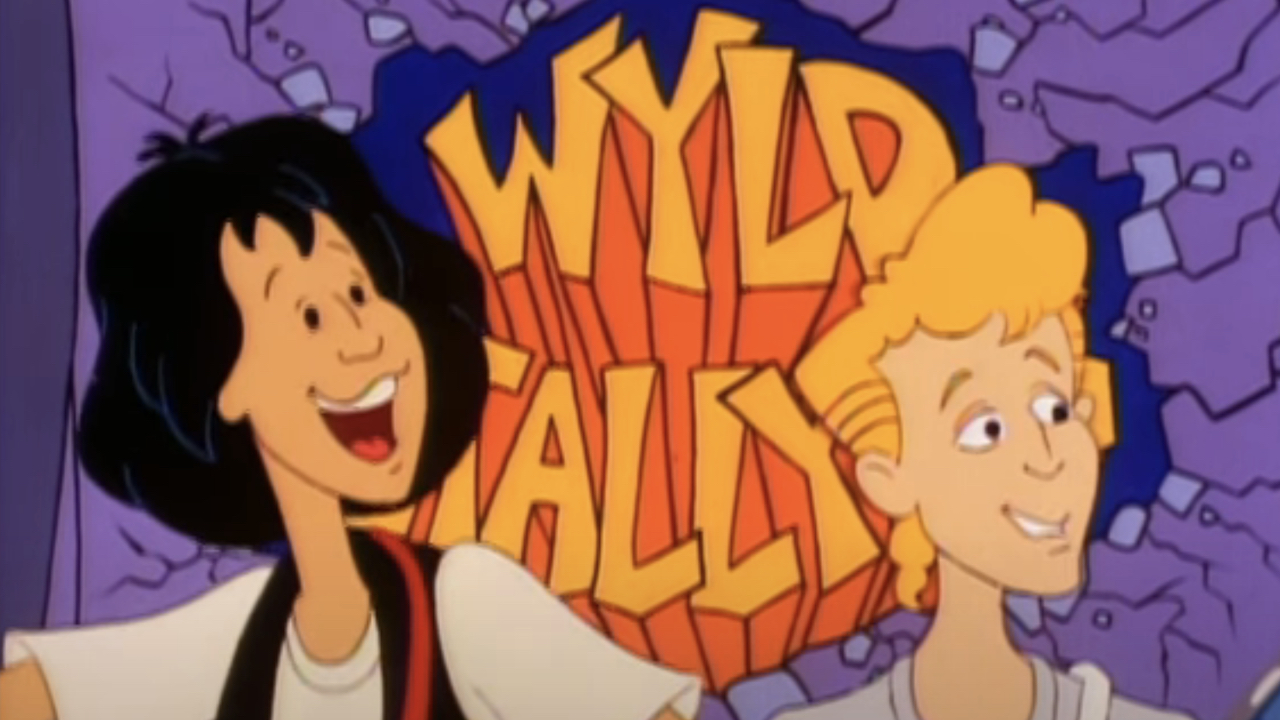
Bill And Ted’s Excellent Adventures
Following the surprise success of the excellent (air guitar riff) sci-fi comedy Bill and Ted’s Excellent Adventure, CBS and Hanna Barbera teamed up on a Saturday morning cartoon that retained stars Alex Winter, Keanu Reeves, and George Carlin, as well as the film's silliness. While perhaps not as memorable as the live-action sequels, the ‘toon still deserves to be in the same conversation, although we’re all better off completely forgetting about the non-non-heinous live-action TV spinoff.
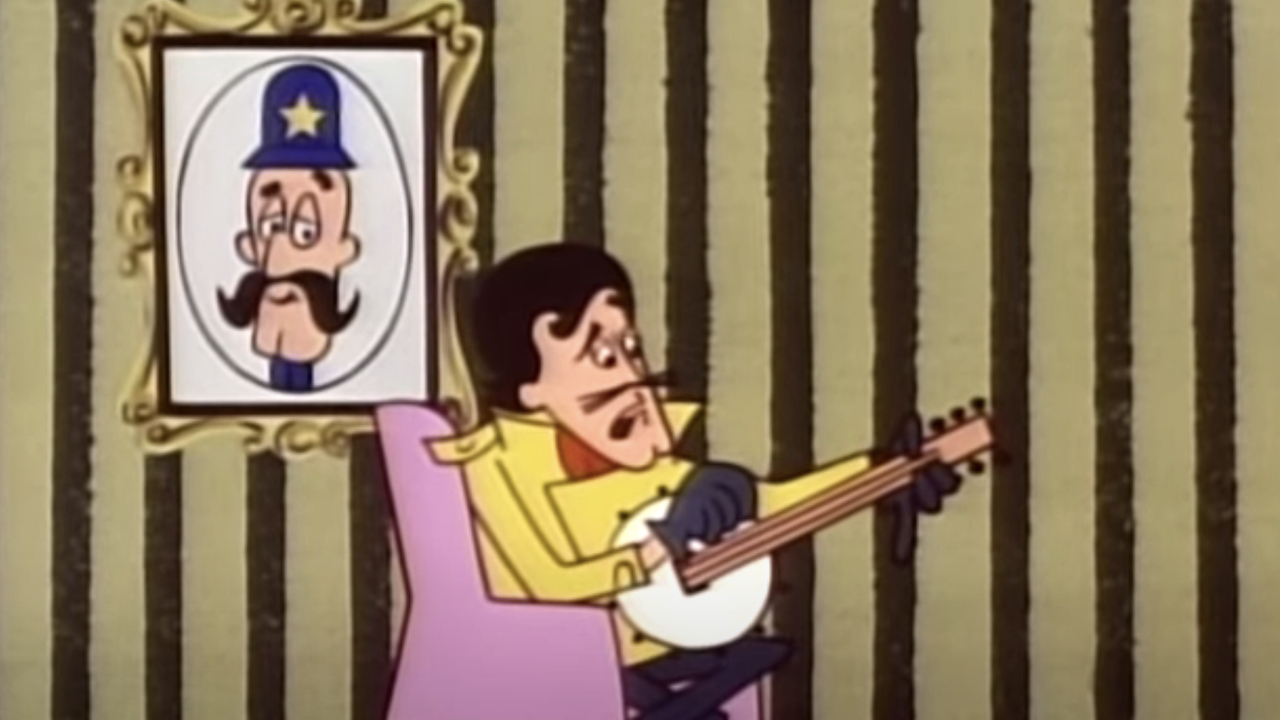
Cool McCool
An animated mix of James Bond and Get Smart, NBC’s Cool McCool debuted in the same year as Adam West’s live-action Batman series and was intriguingly also co-developed by the caped crusader’s co-creator Bob Kane. (The show also featured standalone flashback adventures involving McCool’s father, which felt ahead of its time.) Alas, Cool McCool is nowhere near as fondly remembered as its influences, uncool as that may be.
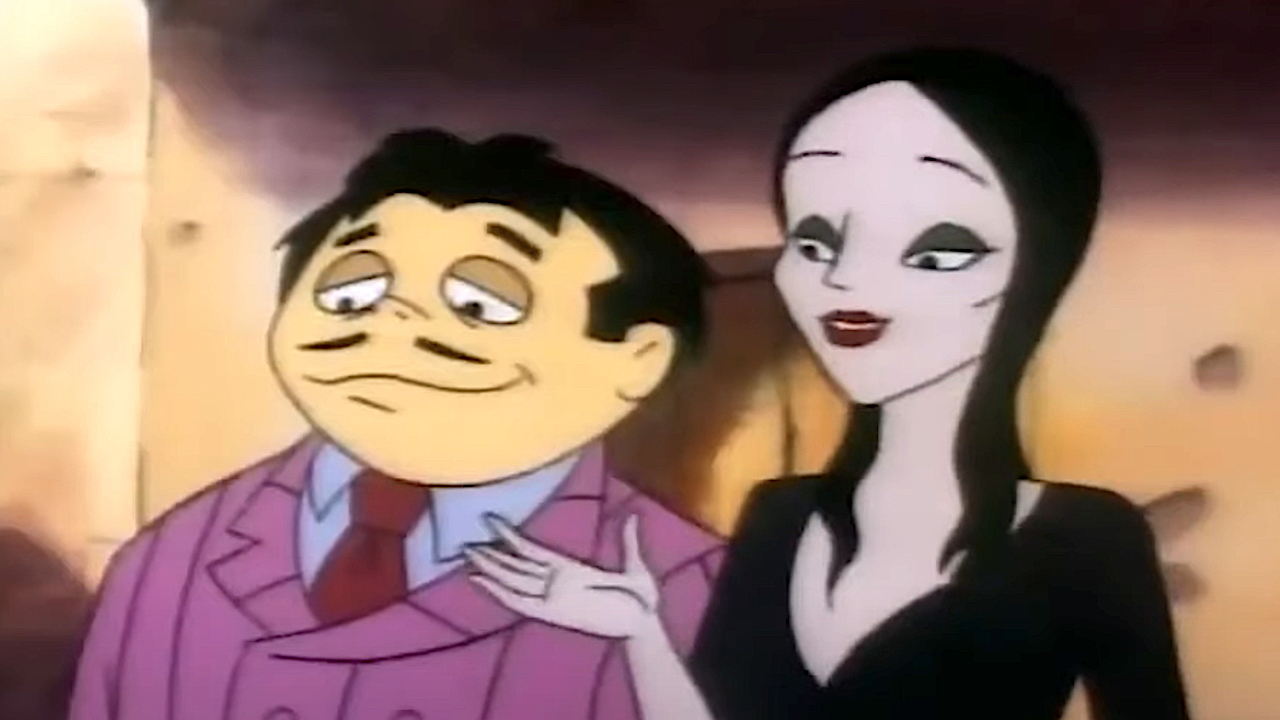
The Addams Family
The success of the 1991 live-action film bolstered ABC to debut the second animated take of The Addams Family, with John Astin reprising his Gomez role from the O.G. sitcom. The safe-for-kids macabre still made for plenty of fun stories across the two seasons, but its legacy quickly faded following Addams Family Values, while the pair of animated features and Netflix’s Wednesday have only helped to keep the Saturday morning series buried.
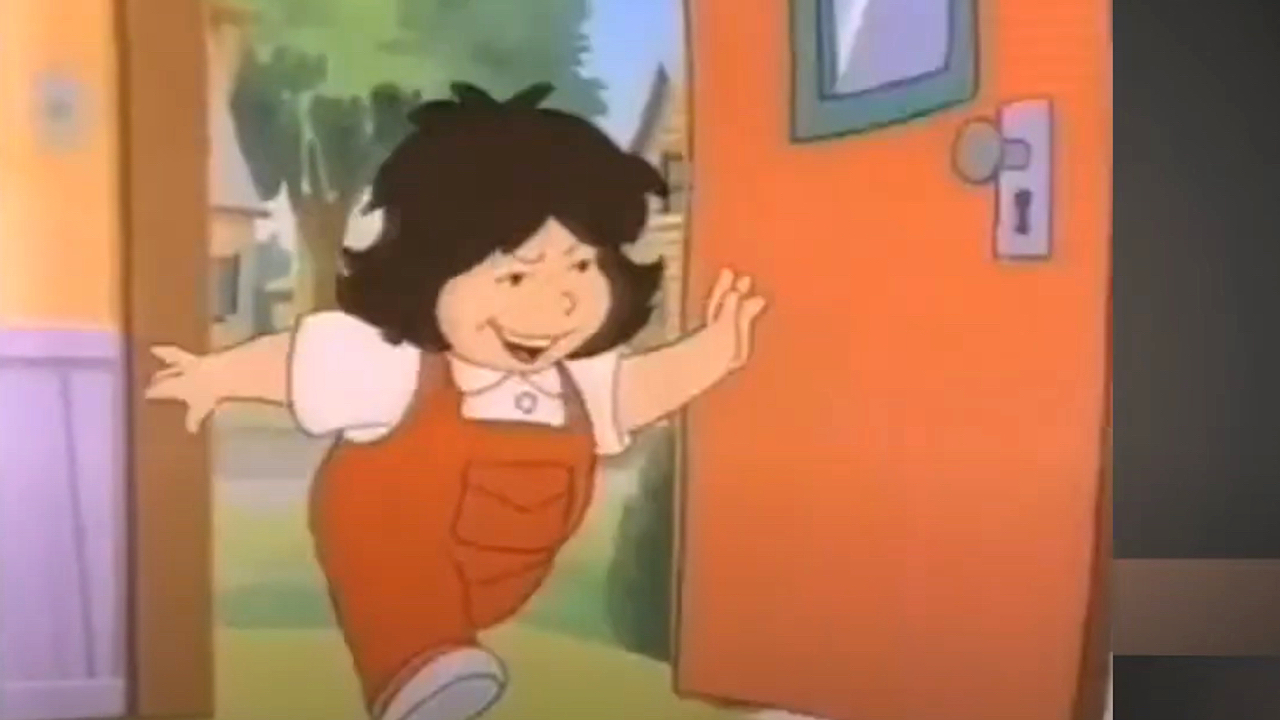
Little Rosey
Roseanne Barr may be most notable for creating, then being fired from, her own highly successful sitcom, but lower down on her list of accomplishments is creating a Saturday morning cartoon. The largely forgotten Little Rosey loosely adapted the comedienne’s childhood, though Barr didn’t voice the character during the lone season’s 13 episodes. She later joined then-hubby Tom Arnold in voicing the 1992 special The Rosey and Buddy Show, which was mostly unrelated and aired as a TGIF pilot.
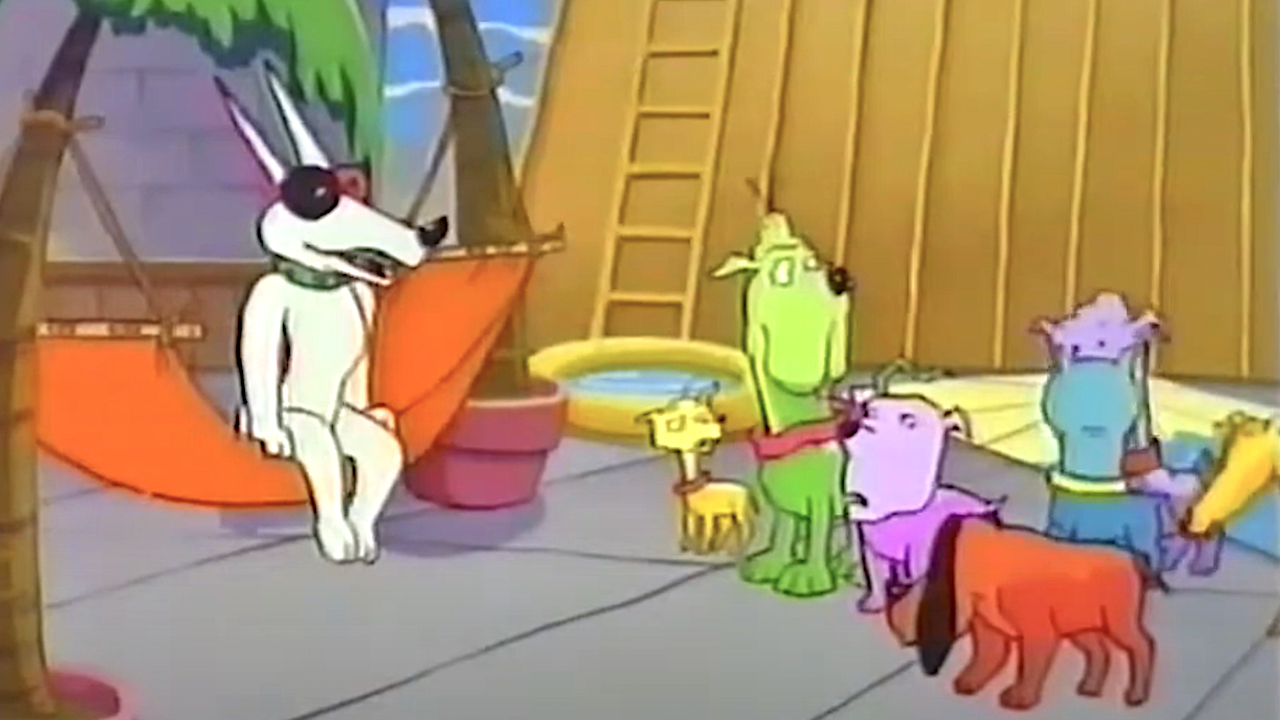
Rude Dog And The Dweebs
Only TV viewers of a certain age will remember the popularity of Rude Dog as an advertising mascot, which was large enough for CBS and Marvel Productions (yes, that Marvel) to obediently create an animated spinoff about Rude Dog and his multi-hued pals. It didn’t last longer than a single season, but boasted all-stars like Rob Paulsen (Animaniacs), Dave Coulier (Full House), Peter Cullen (Transformers), and Jim Cummings (Winnie the Pooh).
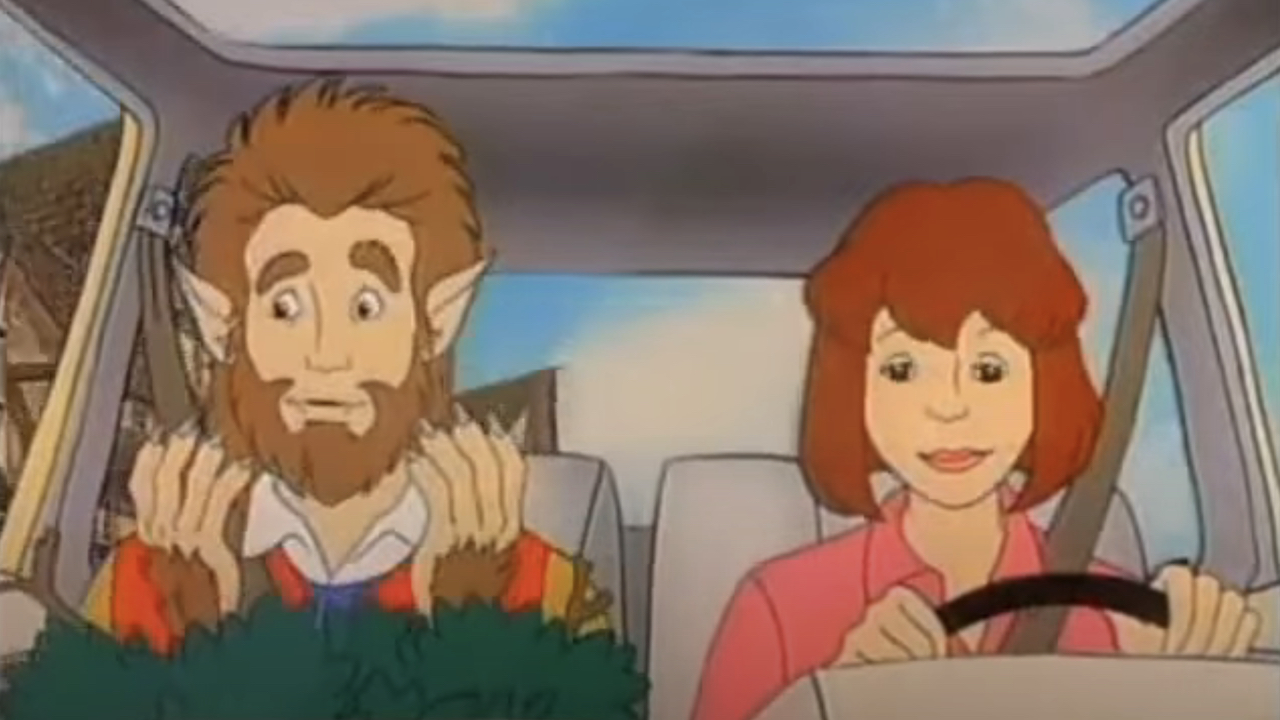
Teen Wolf
Before Michael J. Fox’s wildly popular werewolf comedy Teen Wolf released its 1987 sequel, Scott Howard and his family faced more supernatural shenanigans in animated form for CBS’ same-named Saturday morning cartoon. It lasted for two seasons, airing right up until Teen Wolf Too’s release. But without Fox in the main role, this series is overshadowed by everything in both eras of the furry franchise.
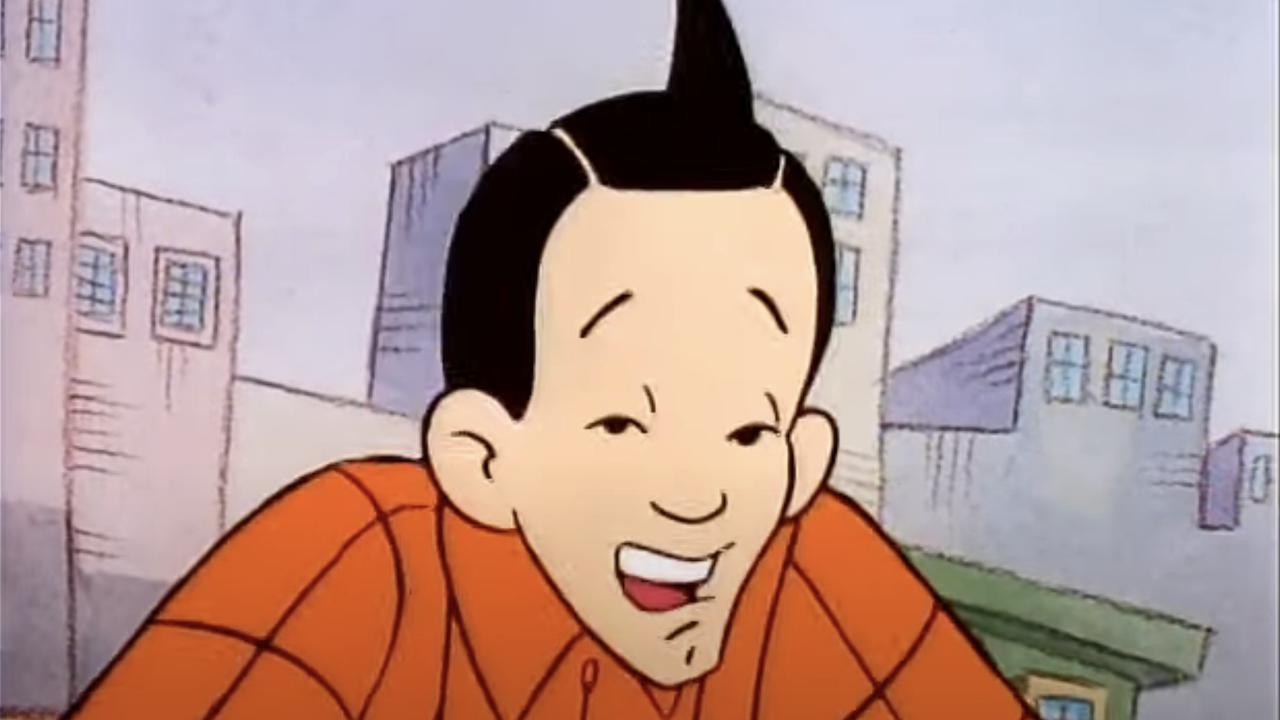
The Complete Mental Misadventures Of Ed Grimley
Martin Short’s impossible-to-contain Ed Grimley is one of few characters to jump from SCTV to Saturday Night Live, and was so popular that Short landed his own Saturday morning vehicle in the form of The Complete Mental Misadventures of Ed Grimley. Airing for a single season in 1988, the show centered on Ed in a plethora of heightened storylines, with fellow sketch vets Catherine O’Hara and Joe Flaherty co-starring.
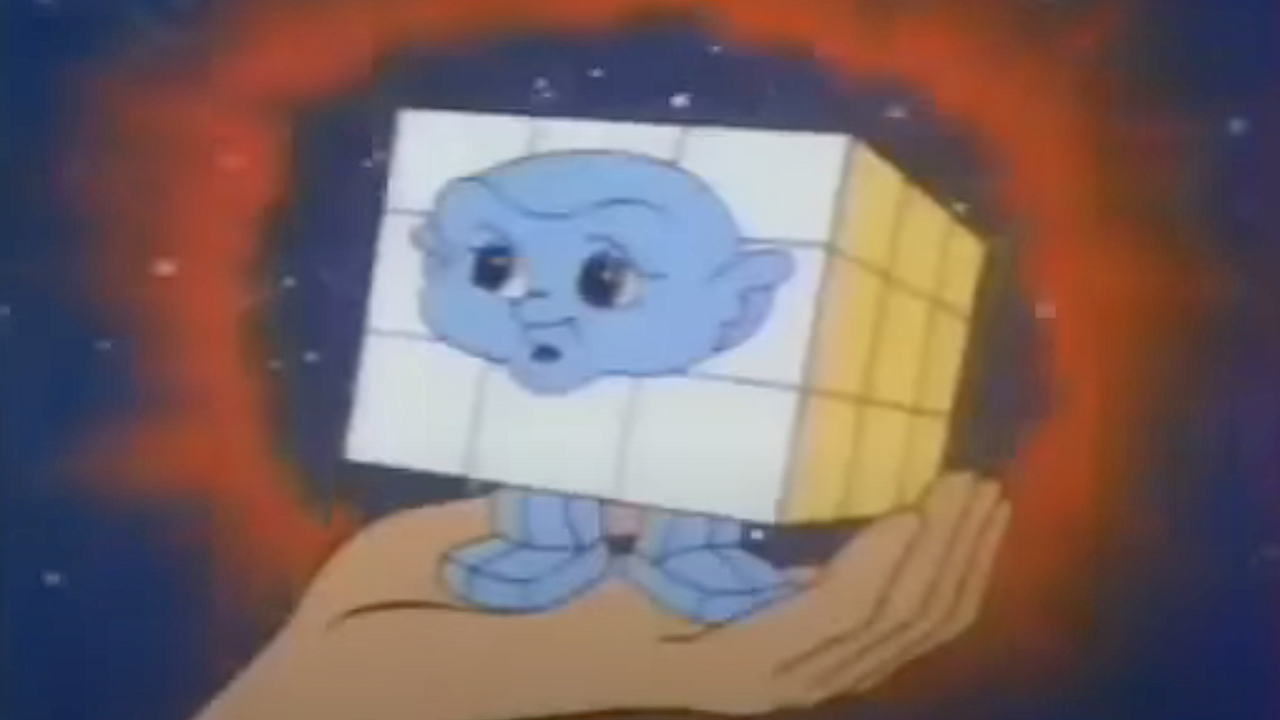
Rubik, The Amazing Cube
It was never a rule that toys inspiring Saturday morning cartoons had to be humans or animals, but the ever-popular Rubik’s Cube remains an inspirational oddity as the source material for ABC’s 1983 effort Rubik, The Amazing Cube. It starred Welcome Back, Kotter’s Horshack actor Ron Palillo voicing the magically powered Rubik’s Cube, who befriends some kids while evading an evil magician. Whether the show helped or hurt toy sales is anyone’s guess.
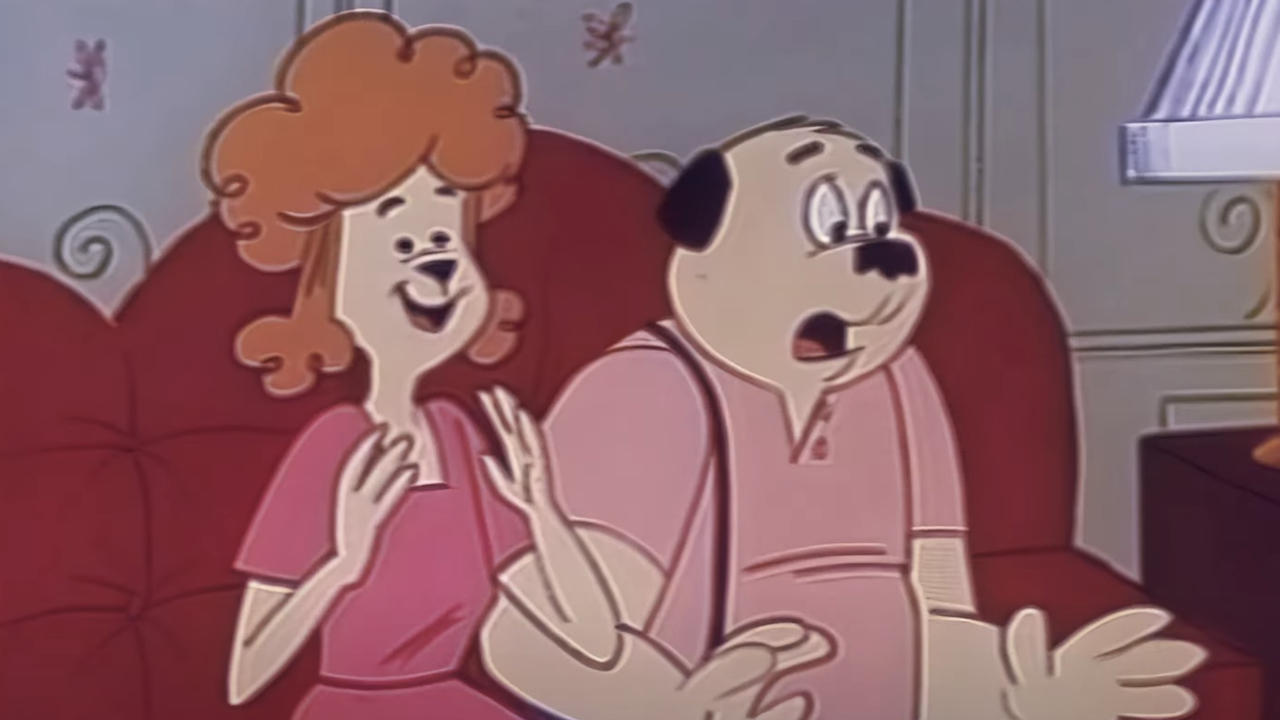
The Barkleys
The classic sitcom All in the Family’s influence was large and immediate enough that just 18 months after its premiere on CBS, NBC unleashed The Barkleys, an animated comedy about a family of anthropomorphic dogs. Despite being co-created by Looney Tunes legend Friz Freling, Arnie Barkley’s fam just hasn’t stuck around in audiences’ minds the way Archie Bunker's has.
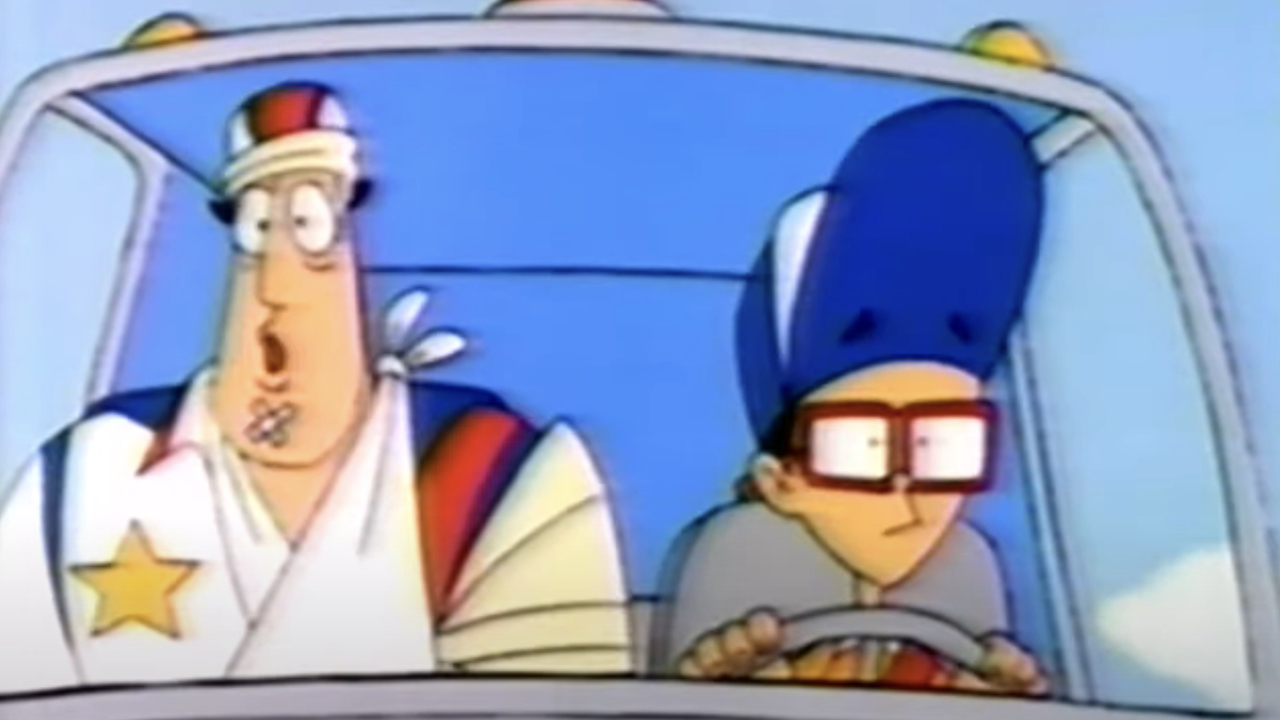
Super Dave: Daredevil For Hire
Years before the late Bob Einstein’s winning runs on Curb Your Enthusiasm and Arrested Development, he awkwardly struck comedy gold as the disaster-prone daredevil/stuntman Super Dave Osborne, gaining popularity via the sketch series Bizarre and late-night talk show appearances. Einstein eventually fronted his own Saturday morning cartoon show alongside his live-action co-star Art Irizawa as assistant Fuji Hakayito, which only lasted for a single season of 13 episodes, but was a great take on the character nonetheless.
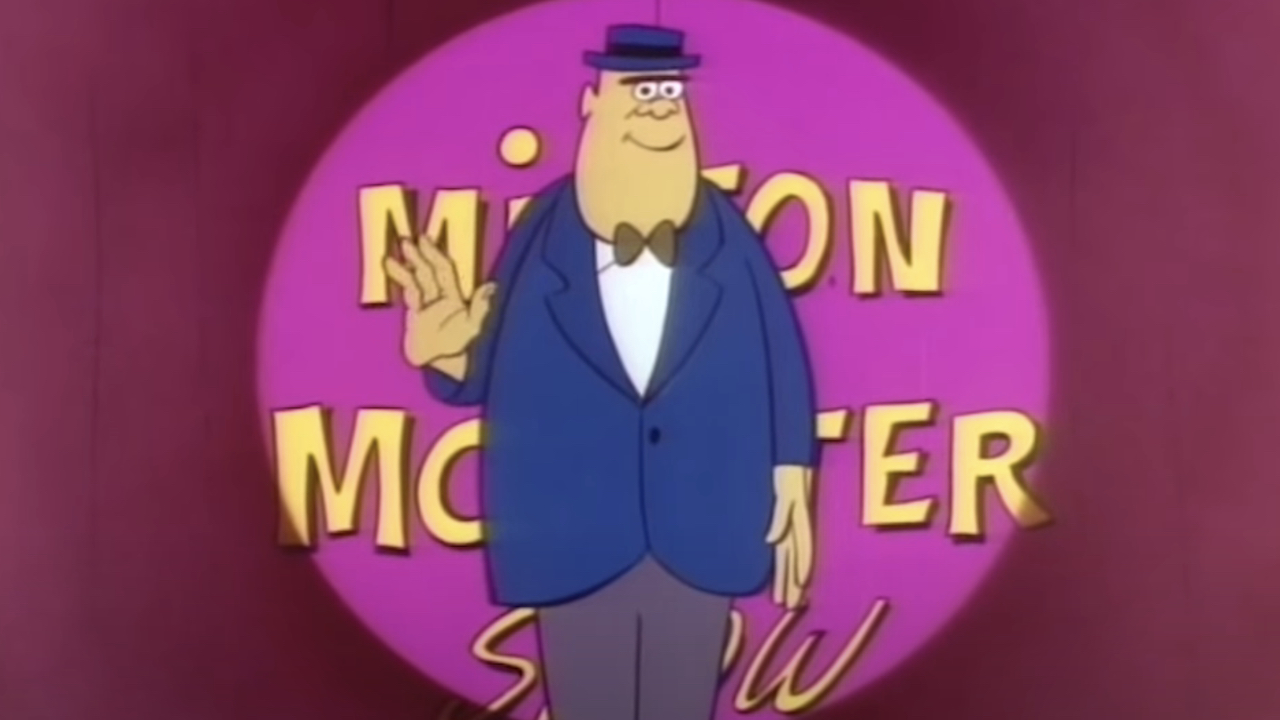
Milton The Monster
The ‘50s and ‘60s were quite the heyday for creature-mashing crossovers, and ABC’s Milton the Monster remains an underrated entry. The toon centers on a twangy behemoth reminiscent of Universal’s Frankenstein monster, and features other oddities such as a superhero fly, a skull-faced ghoul, a cyclops, a robot, witches, zombies and more. But while Milton’s face may still be familiar enough, the show itself is less so.
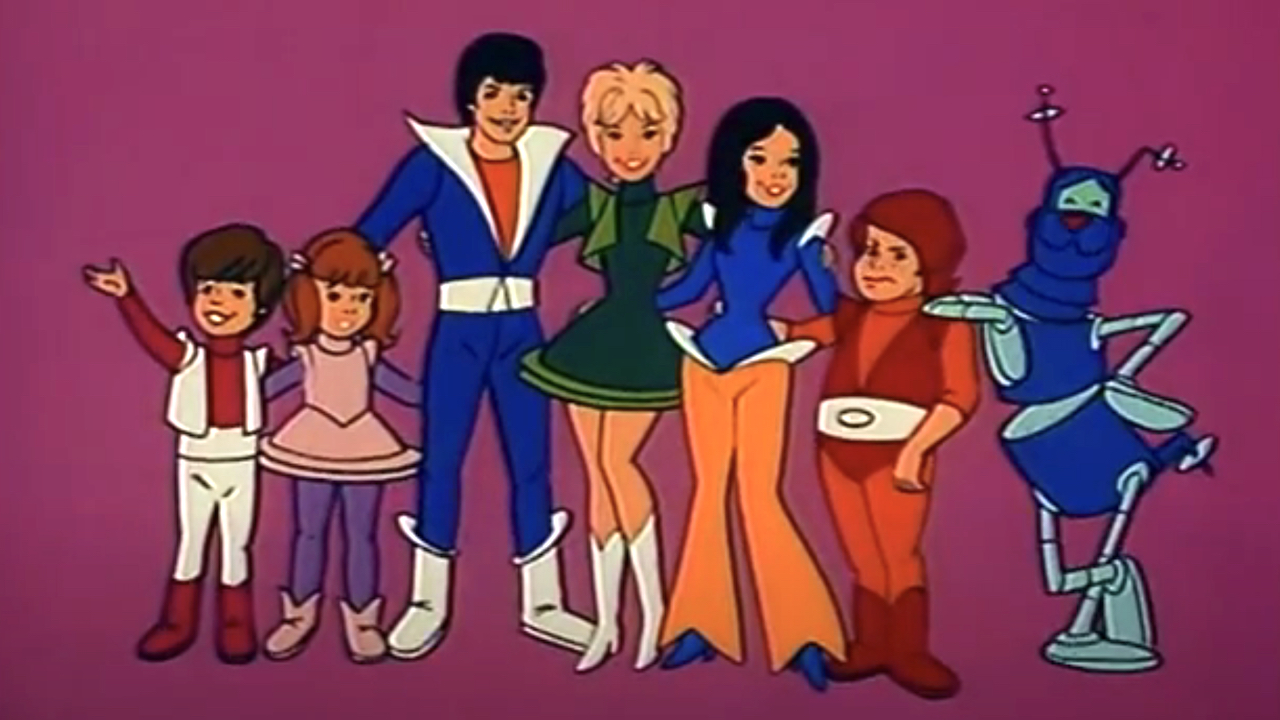
Partridge Family 2200 A.D.
The Jetsons’ retrofuturism influence was key to the rather baffling Saturday-set spinoff Partridge Family 2200 A.D., which jettisoned the O.G. sitcom’s musical clan into the year 2200, with several of the sitcom’s child stars returning to voice their characters. Perhaps it’s understandable why no one talks about this show anymore.
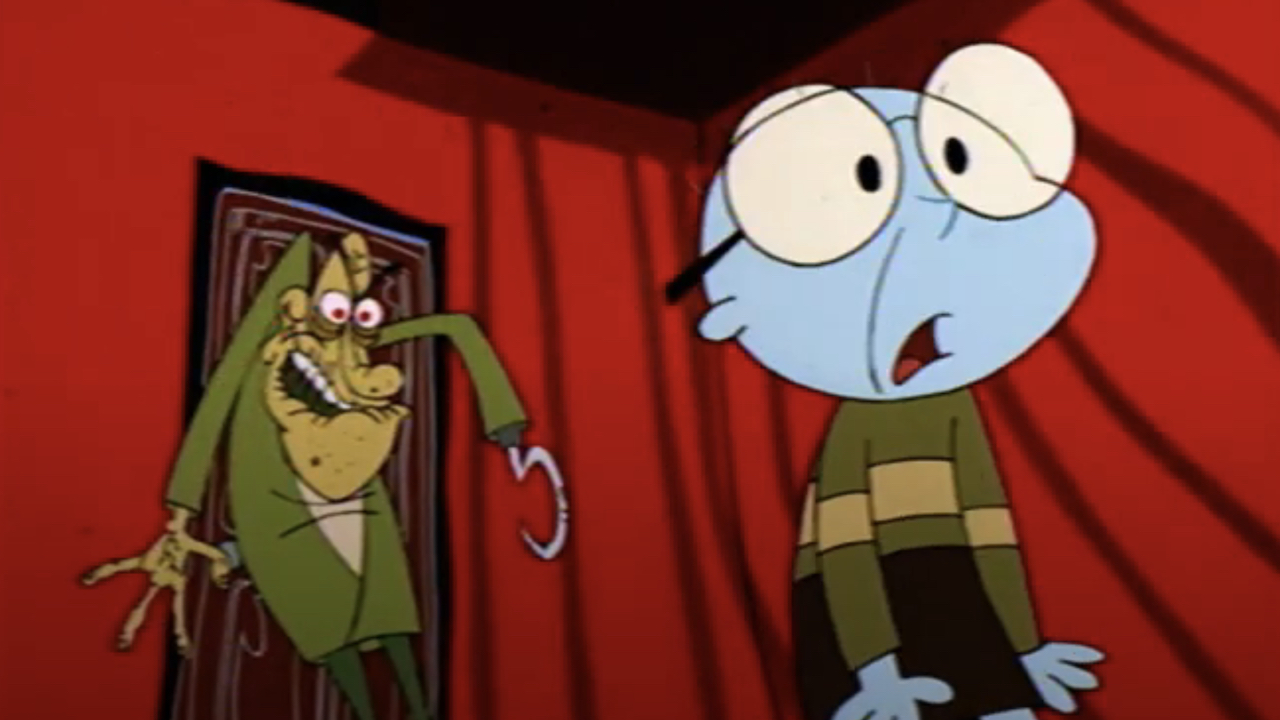
Nightmare Ned
The extremely rare Disney project that essentially stopped existing after it first aired, Nightmare Ned hit ABC’s Saturday morning lineup in April 1997, months ahead of a simultaneously produced PC game. The show’s titular nightmare sequences were lauded for being among Disney's more oddball and macabre Disney animations, even if the show itself fell apart due to creative differences behind the scenes. And it’s somehow never been available for home release.
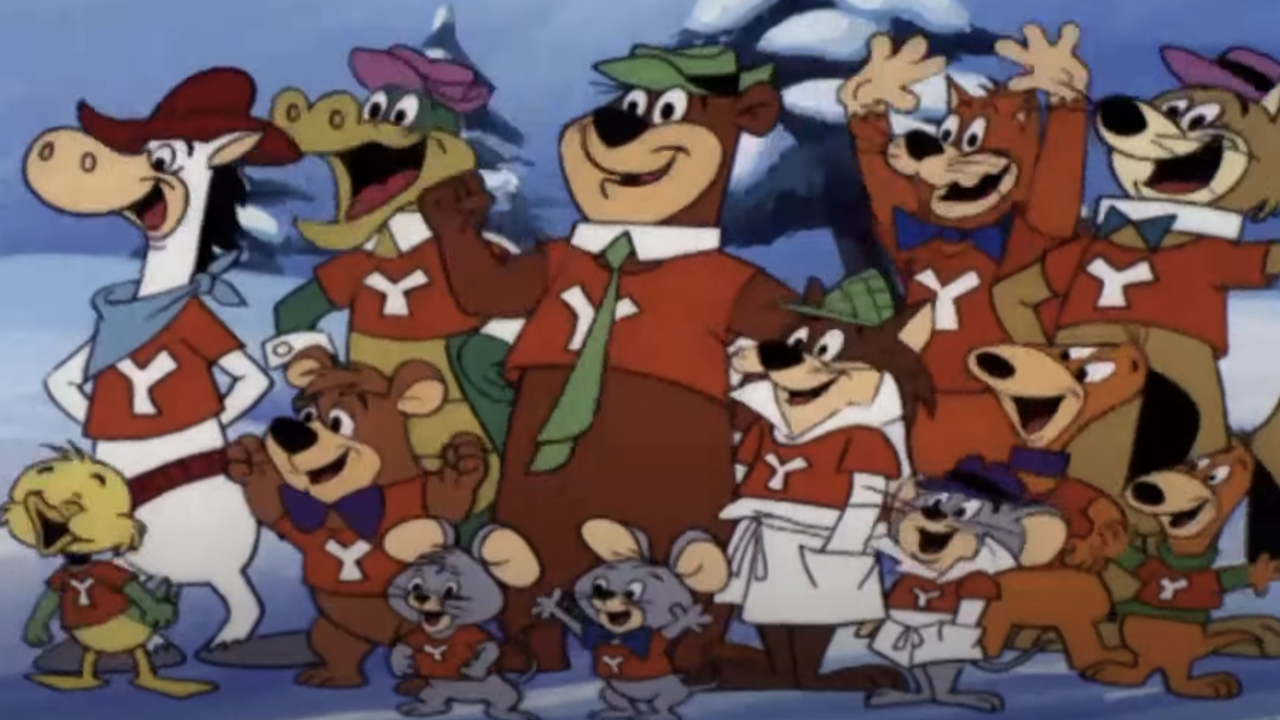
Laff-A-Lympics
A more well-stocked expansion of Wacky Races, Laff-A-Lympics is essentially Battle of the Network Stars + The Amazing Race, with a smorgasbord of Hanna-Barbera’s most popular toons competing. The meta-ness of the crossover concept remains relatively unique to this day, and I’m honestly surprised that this all-star approach that is so common to live-action reality TV hasn’t been used more for comedic effect via animation, especially after Total Drama’s overall success.
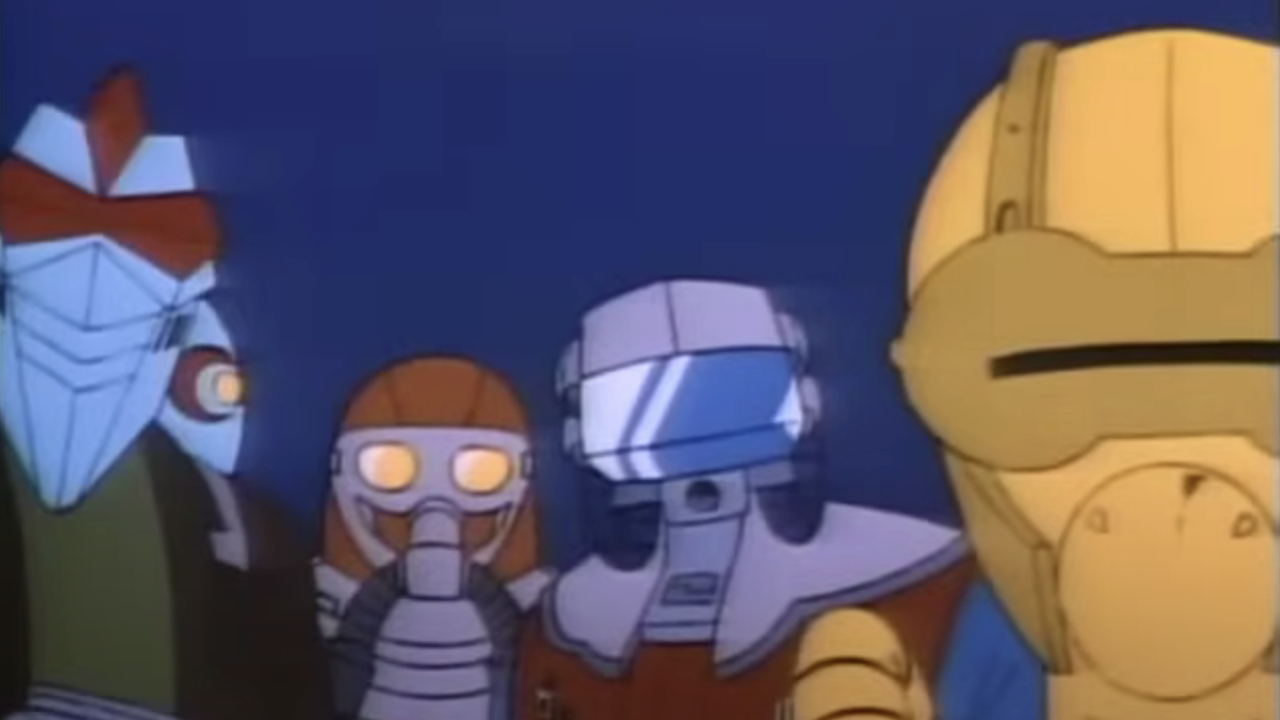
M.A.S.K.
While G.I. Joe, Transformers, and Masters of the Universe are the most-cited toy lines that sparked beloved animated series, there’s the less-remembered (though still quite popular, relatively speaking) M.A.S.K., short for “Mobile Armored Strike Kommand.” Studios banked hard on the vehicular action series, with a 65-episode first season, followed by a highly altered second season of only ten episodes. The characters were set to be part of Hasbro’s cinematic universe, but they later fell out of contention.
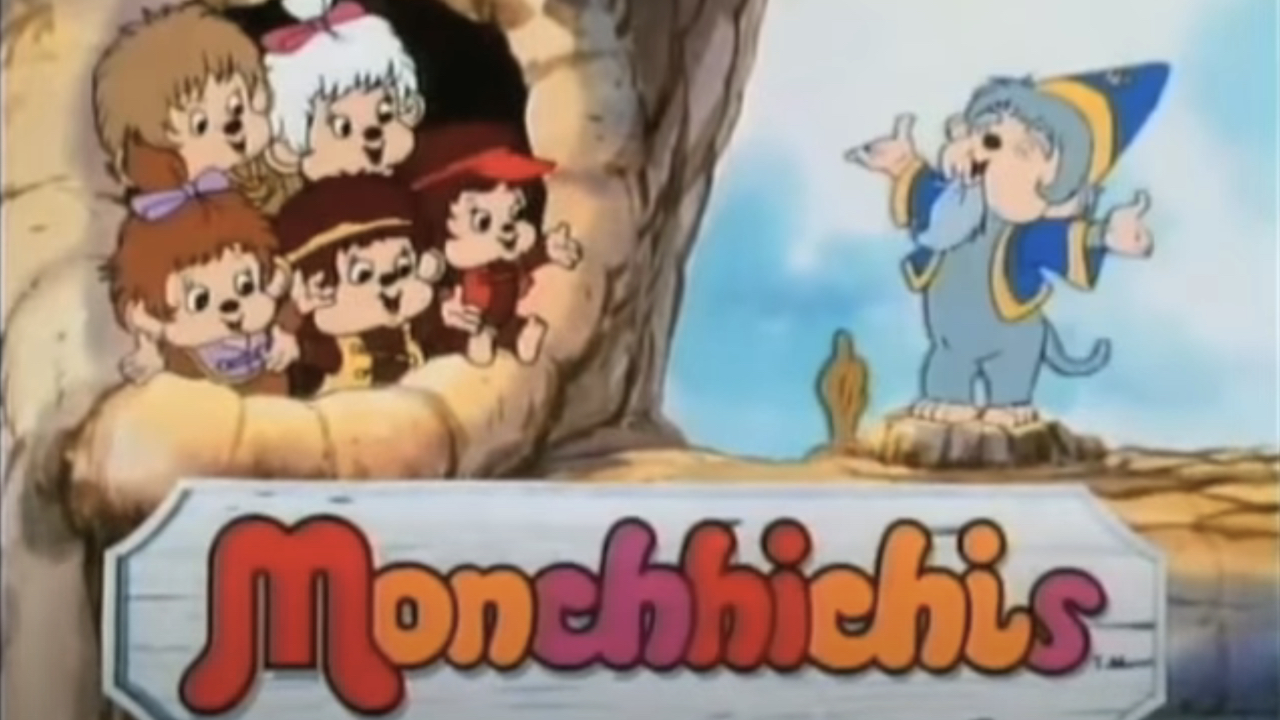
Monchhichis
Many times when animated series are based on already popular toy lines, the series themselves live on in some form of infamy. The same can’t quite be said about the monkey-esque creatures populating the Americanized Monchhichis series from Hanna-Barbera, which was based on the Japanese toon and toys. The single season of Monchhichis gained some popularity through cable re-airings after its initial 1983 run on ABC, but those recognizably chubby cheeks have largely been forgotten since.
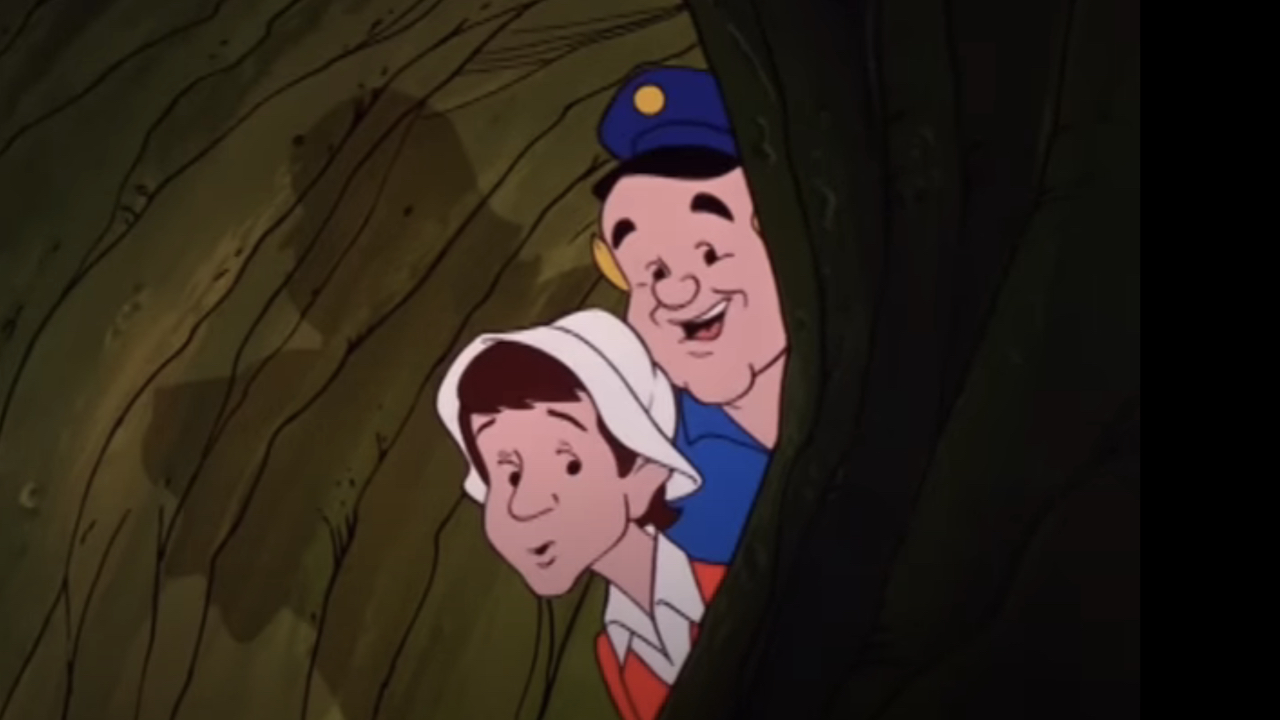
Gilligan’s Planet
For all that the shipwrecked members of Gilligan’s Island have remained a beloved piece of TV history, the same can’t quite be said for the 1982 animated spinoff Gilligan’s Planet. The series’ clever-though-ridiculous premise hinged on everyone escaping the island in a Professor-crafted spaceship, leading to them crash-landing on an island-like planet. It featured the majority of the origins cast, save for Tina Louise (Ginger on the original show), but only lasted for 13 episodes.
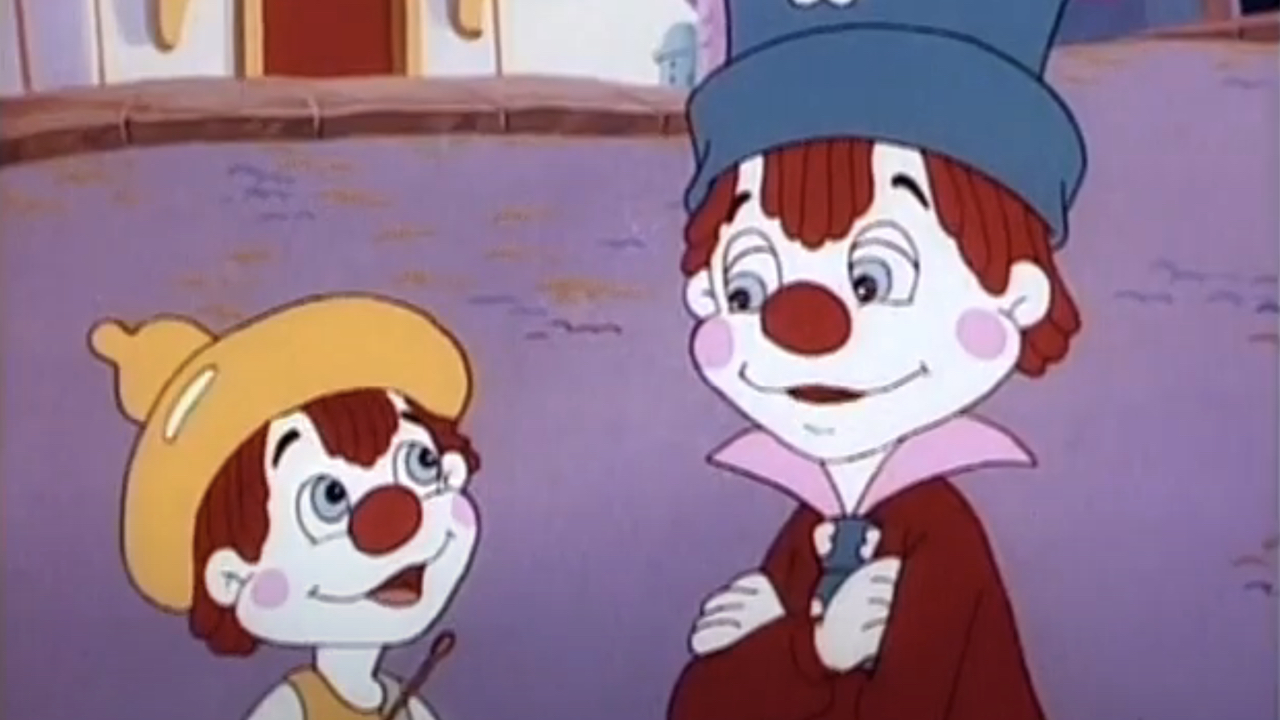
The Little Clowns Of Happytown
Lasting for a single season of ABC’s Saturday morning cartoon lineup, from 1987-88, The Little Clowns of Happytown is arguably more familiar for its frightening-without-context ensemble of face-painted characters such as Big Top, Hiccup, and Badum-Bump. Perhaps the most familiar thing about this show of all, though, is that it was developed by The Big Bang Theory and Two and a Half Men’s Chuck Lorre.







